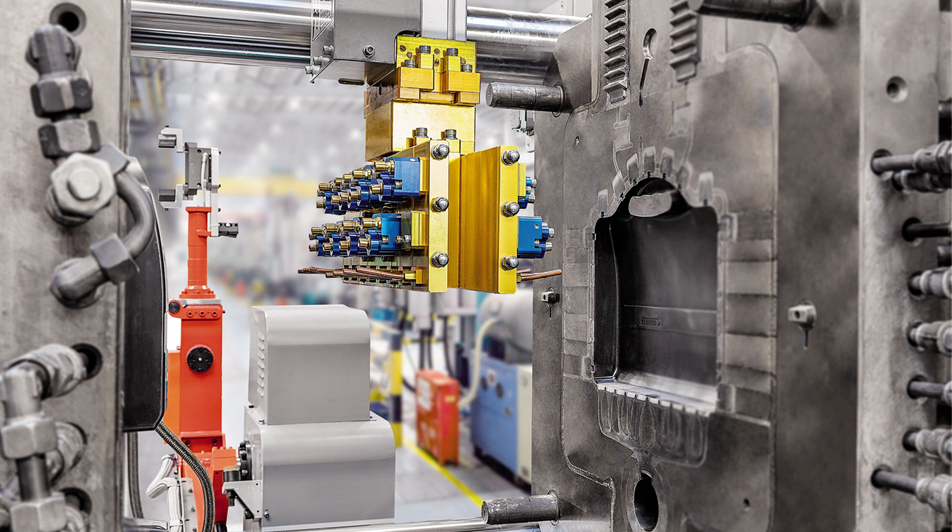Introduction
Magnesium casting has emerged as a revolutionary process in the field of industrial applications. Known for its lightweight and excellent strength-to-weight ratio, magnesium has become a preferred material for various industries, including automotive, aerospace, and electronics. This article explores the advantages, challenges, and future prospects of magnesium casting in enhancing industrial applications.
Advantages of Magnesium Casting
1. Lightweight: Magnesium is the lightest structural metal, making it an ideal choice for industries seeking to reduce the weight of their products. Its low density allows for significant weight savings, leading to improved fuel efficiency in automotive and aerospace industries.
2. Strength-to-weight ratio: Despite its lightweight nature, magnesium offers remarkable strength-to-weight ratio, outperforming many other metals. This property makes it highly attractive for industries where both strength and weight reduction are crucial, such as in the construction of aircraft and high-performance vehicles.
3. Excellent machinability: Magnesium alloys exhibit excellent machinability, allowing for quick and precise manufacturing. This feature enables industries to reduce production costs and increase efficiency in the manufacturing process.
4. Superior thermal conductivity: Magnesium alloys possess excellent thermal conductivity, making them suitable for applications requiring heat dissipation. This property is particularly advantageous in the electronics industry, where heat management is crucial for the performance and longevity of electronic devices.
Challenges in Magnesium Casting
1. Flammability: One of the primary challenges associated with magnesium casting is its high flammability. Magnesium is highly reactive and can ignite when exposed to high temperatures or sparks. Special precautions and safety measures must be implemented to mitigate the risk of fire during the casting process.
2. Corrosion: Magnesium is prone to corrosion, especially in aggressive environments. Protective coatings and surface treatments are often required to increase the corrosion resistance of magnesium castings, adding complexity and cost to the manufacturing process.
3. Limited availability: Compared to other metals, the global availability of magnesium is relatively limited. This scarcity can affect its cost and availability in the market. However, ongoing research and development efforts are focused on finding sustainable methods to extract and produce magnesium, potentially addressing this challenge in the future.
Future Prospects
1. Lightweight vehicles: Magnesium casting has gained attention in the automotive industry due to its potential in reducing vehicle weight and improving fuel efficiency. With the rising demand for electric vehicles, the use of magnesium alloys can help overcome the challenge of limited battery range by reducing the overall weight of the vehicle.
2. Aerospace industry: The aerospace industry is also recognizing the benefits of magnesium casting. Magnesium alloys offer high strength and stiffness, making them suitable for aircraft components. As the industry strives for more fuel-efficient aircraft, the use of lightweight materials like magnesium will likely increase.
3. Advancements in alloy development: Research efforts are focused on developing new magnesium alloys with improved properties, such as enhanced corrosion resistance and reduced flammability. These advancements will push the boundaries of magnesium casting, opening up new possibilities and applications in various industries.

結論
Magnesium casting has revolutionized the industrial applications by providing a lightweight and high-strength alternative to conventional materials. The advantages of magnesium casting, including its lightweight nature, excellent strength-to-weight ratio, and superior machinability, make it highly desirable for industries seeking to enhance their products\’ performance. Although challenges, such as flammability and corrosion, exist, ongoing research and development efforts offer promising solutions. With advancements in alloy development, the future of magnesium casting appears bright, paving the way for further innovation and expansion in industrial applications.

 0086-750-5616188
0086-750-5616188 +86 13392089688
+86 13392089688 sales@zhongmei-tech.com
sales@zhongmei-tech.com













